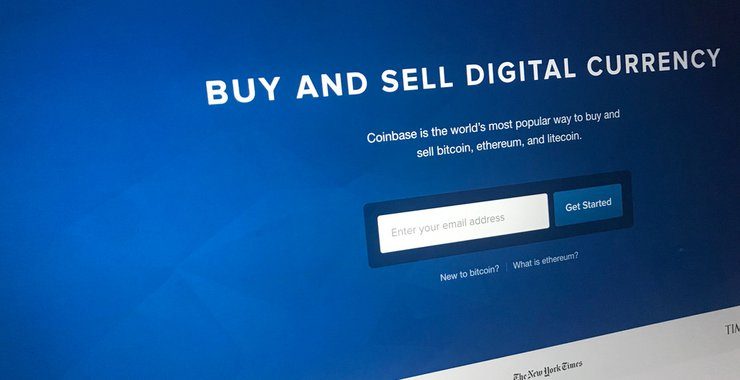It has come to light that personal connections tie together Coinbase, 0x, and investment management company Scalar Capital. Some suspect that Scalar Capital has used their connections to Coinbase to list 0x a token that many at Scalar Capital are early investors in.
In brief, Linda Xie, former product manager at Coinbase, is currently managing director at Scalar Capital, which she also co-founded. Xie’s husband is 0x’s co-founder Will Warren. Jordan Clifford was formerly lead growth engineer at Coinbase, but now is a managing director at Scalar, which he also co-founded.
Furthermore, Maksim Stepanenko is both a Scalar advisor and an engineer at Coinbase; critically, he was involved in creating Coinbase’s “Digital Asset Framework” (DAF) document – for listing new assets. He is listed on the DAF document as a software engineer. Stepanenko has reportedly deleted the Scalar connection from his twitter profile.
It is not entirely clear if Scalar Capital invested in 0x, but key Scalar members were early investors in 0x, and Scalar management pitched the 0x project to its investors. A presentation (“pitch deck”), which includes 0x, and which lists the Scalar team’s “asymmetric info” and “early access to projects” as a “Value add[s]” for would-be investors.
The Block’s sources at Coinbase deny that Scalar Capital had any impact on the decision to list 0x, also despite the leaked pitch deck the source also denies that Scalar Capital had insider knowledge of when Coinbase was going to list 0x.As such none of this constitutes a smoking gun, per se, but the revelations have caused a stir nonetheless.
Coinbase has faced accusations of insider trading in the past, the most notable of which was surrounding the Bitcoin Cash listing, in December 2017, when a dramatic price rise preceded a surprise announcement of the listing. Afterwards the price tumbled from a high of $9,500 to $1,550 as the chart below shows.
However, the Office of the Attorney General of New York (OAG), in the course of conducting its recent (September) Virtual Markets Integrity Report, noted that none of the exchanges contacted for the report, including Coinbase, had “articulated a consistent methodology used to determine whether and why it would list a given virtual asset”, and that listings were “largely subjective”. The OAG also noted that Coinbase, unlike Gemini and Bittrex, did not “require regular disclosures from each employee concerning their trading history and current virtual asset holdings.”










